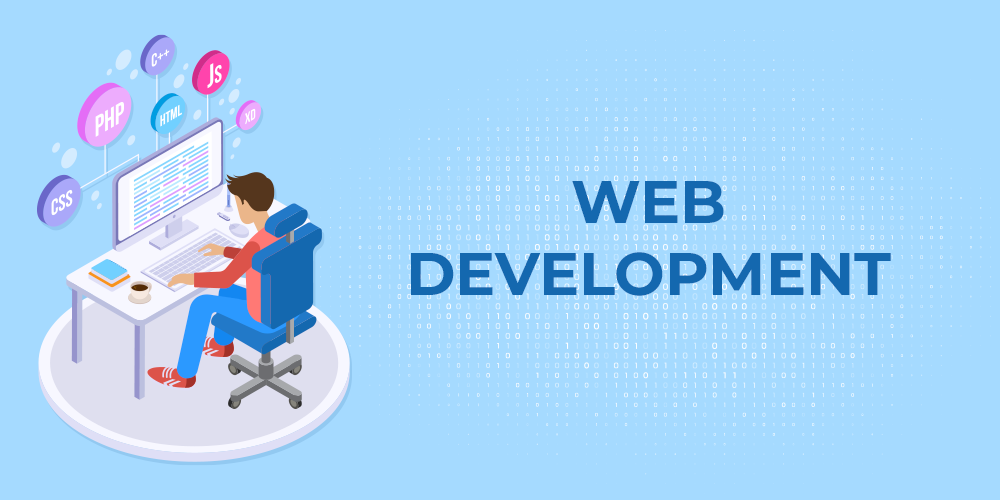CPOpen: Your Gateway to Current Affairs
Stay updated with the latest trends and insights across various topics.
Web Development Wizards: Crafting Magic with Code
Unlock the secrets of web development! Join us at Web Development Wizards to learn how to craft magic with code and boost your skills today!
10 Essential Skills Every Web Developer Should Master
In the ever-evolving field of web development, mastering essential skills is crucial for staying competitive. Here are 10 skills that every web developer should focus on:
- HTML/CSS
- JavaScript
- Version Control/Git
- Responsive Design
- Frameworks (e.g., React, Angular)
- API Usage
- Database Management
- Testing/Debugging
- Deployment/Hosting
- Soft Skills (Communication and Problem Solving)
Each of these skills plays a vital role in a web developer's toolkit. For instance, HTML and CSS form the backbone of web content, while JavaScript adds interactivity. Understanding version control with tools like Git allows developers to track changes and collaborate effectively. Moreover, knowledge of responsive design is essential in today's multi-device landscape, ensuring that websites function well on any screen size. By mastering these 10 essential skills, web developers can create robust, user-friendly applications that meet the demands of modern users.

The Magic of Responsive Design: Creating Websites That Work on Any Device
The magic of responsive design lies in its ability to create websites that seamlessly adapt to different screen sizes and resolutions. With the increasing variety of devices, from smartphones to tablets to desktops, ensuring that your website provides a consistent user experience across all platforms is crucial. By utilizing fluid grids, flexible images, and media queries, you can create a layout that preserves the aesthetic and functional aspects of your site no matter where it's viewed. This not only enhances user satisfaction but also boosts your site's SEO, as search engines prioritize mobile-friendly pages.
Implementing responsive design doesn’t just improve accessibility; it can also lead to increased engagement and conversion rates. When users can easily navigate your site, regardless of the device they're using, they are more likely to stay longer and interact with your content. Here are a few key benefits of adopting this approach:
- Improved user experience: Users enjoy a seamless browsing experience.
- Cost-effective: One website for all devices reduces maintenance efforts.
- SEO advantages: Google favors responsive sites in search rankings.
Common Web Development Mistakes and How to Avoid Them
Web development is a complex field, and even seasoned developers can fall victim to common pitfalls. One of the most frequent mistakes is neglecting responsive design, which ensures that websites function seamlessly across various devices. Failing to optimize for different screen sizes can result in a poor user experience and significantly impact your site's SEO rankings. To avoid this mistake, prioritize mobile-first design and utilize frameworks like Bootstrap or Grid that automatically adjust your layouts.
Another common error is ignoring the importance of website performance. Slow loading times can frustrate visitors and lead to higher bounce rates, negatively affecting your search engine optimization efforts. To enhance performance, implement strategies such as image optimization, reducing HTTP requests, and utilizing caching techniques. Additionally, regularly conduct performance audits to identify and rectify potential issues before they become a problem.